by Maryam Izhar
The gravity of the term “genocide” underscores a deliberate and systematic effort to annihilate or eliminate an ethnic, racial, religious, or national group. This description tragically encapsulates the dire circumstances in Gaza. It is an undeniable truth that Muslims in this region endure profound suffering and witness continuous destruction, aligning closely with the characteristics of what can be termed as a genocide.
The Palestinian territories, particularly Gaza, have been experiencing the brunt of the devastation for so long now. The recent events, including intense military actions and airstrikes, have significantly impacted civilian infrastructure,slaughtering countless innocent lives, including women, children and Infants. Images of destroyed buildings, hospitals, and schools echo the urgent need for a ceasefire and long-term peace initiatives. The civilian casualties and humanitarian crisis continue to escalate, with each passing day worsening the already dire situation.
Moreover, Israel’s strict controls over Gaza borders limit the movement of Muslims, making it hard for them to escape during conflicts. The borders are heavily watched, and people find it difficult to leave the area for safety. This control makes it tough for Muslims, to seek refuge outside the region during times of conflict. The restrictions on movement have made it challenging for people to find safety, and are worsening the crisis. Some organizations are working on the ground, providing essential aid, medical assistance, and support to the affected population. Their efforts are commendable, yet the scale of the destruction requires sustained global intervention to address the root causes.
In the face of this immense tragedy, we must not look away or remain silent. Each of us has a role to play, whether through creating awareness, supporting Palestinians, advocating for peace and justice or by boycotting Israel’s products. Now is the time to act and stand for Muslims in Gaza , and together, we can work towards a future where Muslims can live without the fear of violence and conflict.
The power of social media has provided a platform for voices around the world to stand in solidarity with the people of Gaza. Hashtags advocating for peace, human rights, and an end to the violence have trended globally, rising awareness and spurring conversations. While social media amplifies the voices of support and solidarity but at the same time, it is crucial for other Muslim nations and leaders to engage in diplomacy, dialogue, and meaningful negotiations. These efforts are pivotal in ending the violence and paving the way for a future where the people of Gaza can live in security, dignity, and without fearlessly.

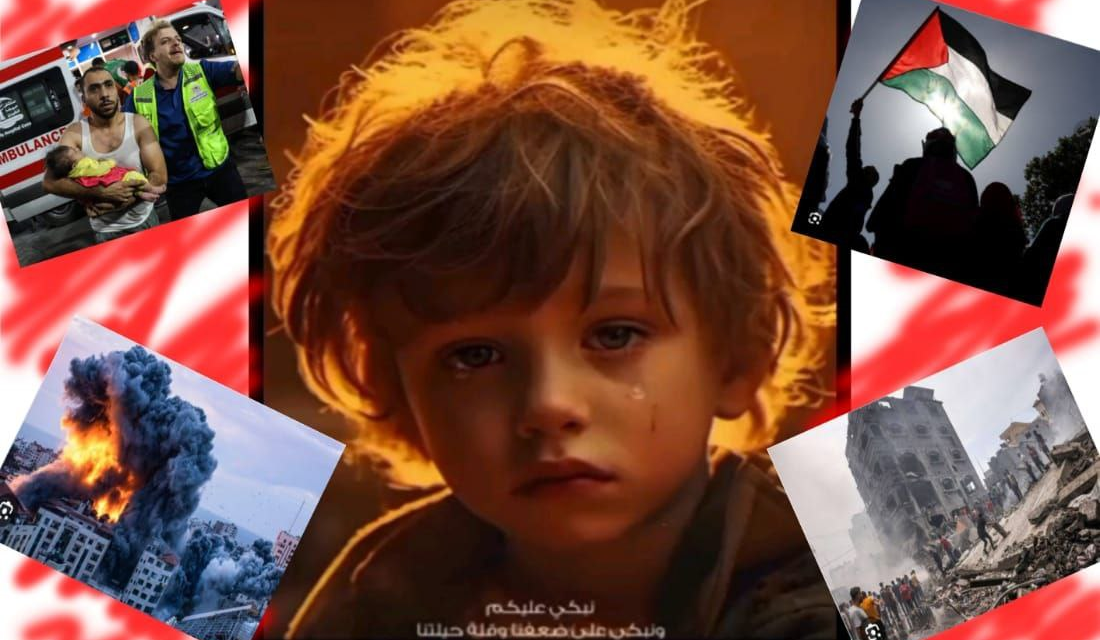
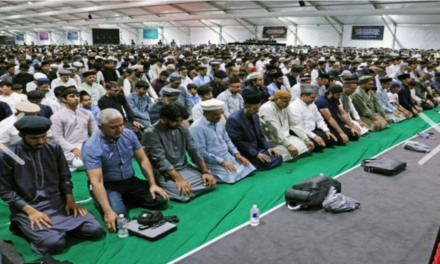
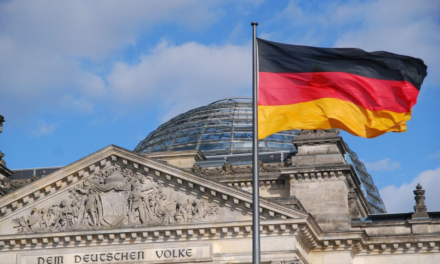
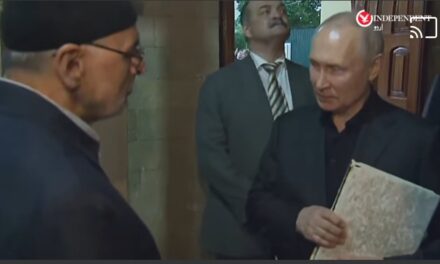
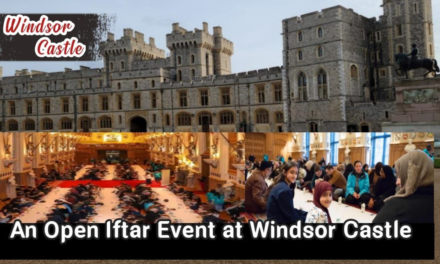
Recent Comments